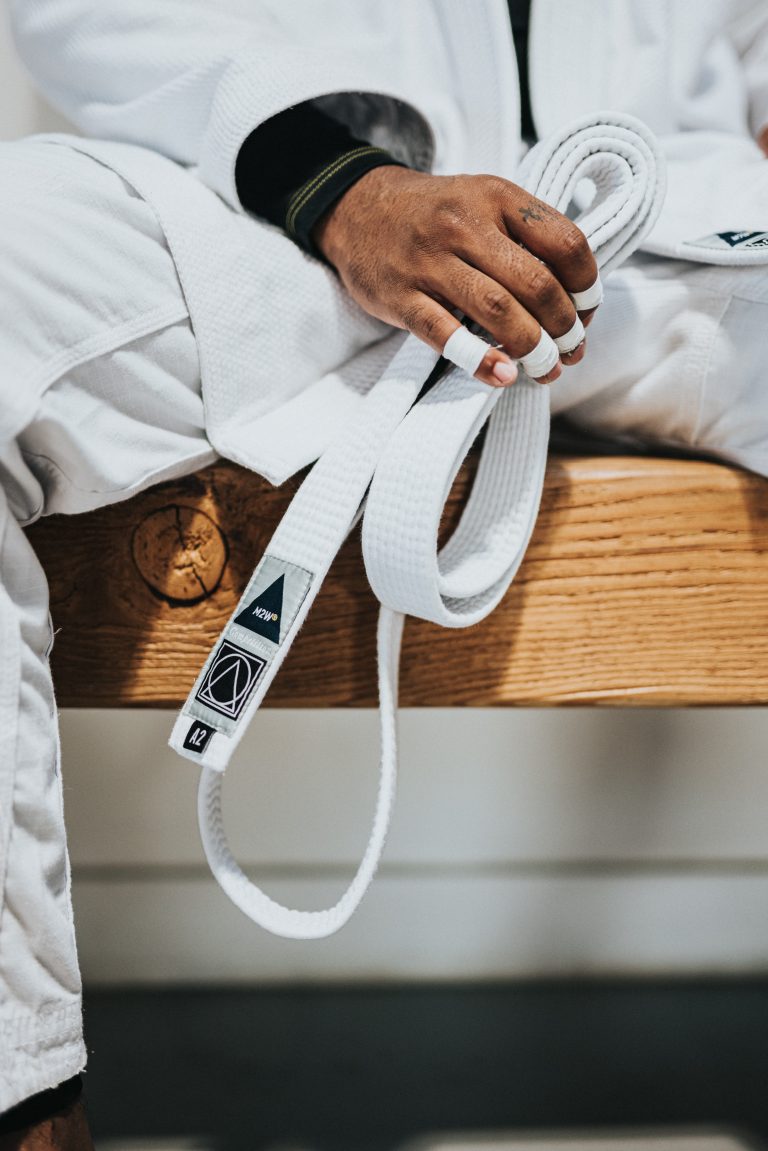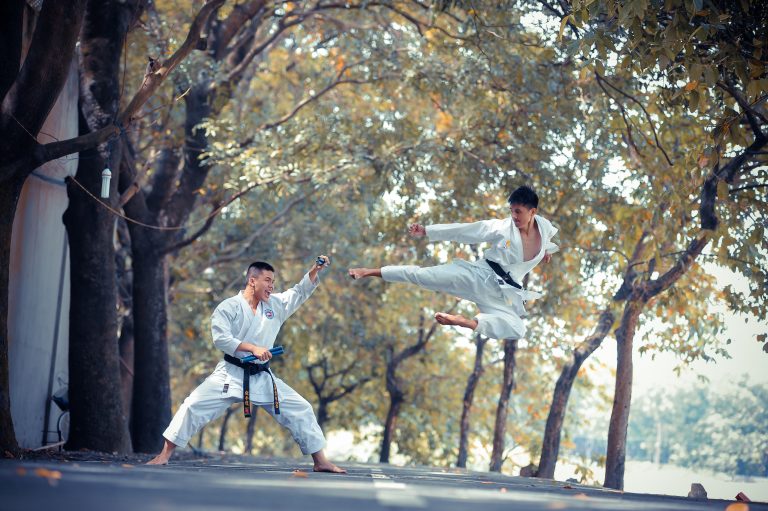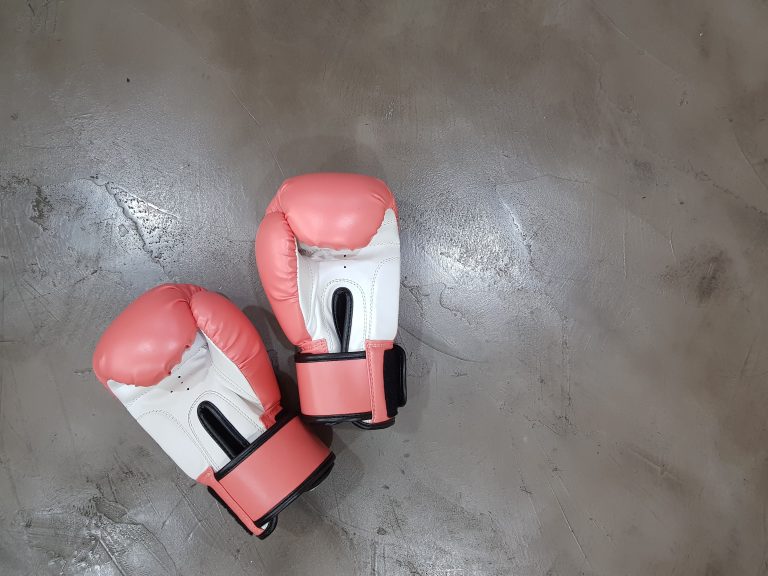Karate for Children with ADHD: How to Improve Concentration through Martial Arts
Attention Deficit Hyperactivity Disorder or ADHD is a common neurodevelopmental disorder that affects millions of children globally. Children with ADHD often have trouble concentrating, following directions, and controlling their impulses. These symptoms often lead to poor academic and social performance, which can impact their overall quality of life.
While medication and therapy are effective treatments for ADHD, parents and caregivers can incorporate alternative interventions to help their children manage their symptoms. One such intervention is karate, a martial art that offers a range of benefits for children with ADHD, including improved concentration, self-control, and social skills.
The Benefits of Karate for Children with ADHD
Karate training involves a set of physical and mental exercises that help children with ADHD focus their attention, reduce impulsivity, and regulate their behavior. The following are some of the key benefits of karate training for children with ADHD:
1. Improved Concentration
Karate training requires a high level of physical and mental concentration, which can benefit children with ADHD. The practice of kata, a sequence of movements and techniques, requires children to memorize specific movements and sequences, which can improve their working memory and attention span. Regular practice of karate can help children with ADHD better focus their attention both in and out of the classroom.
2. Self-Regulation and Impulse Control
Children with ADHD often struggle with self-regulation and impulse control, which can lead to disruptive behavior at home and school. Karate training emphasizes discipline and self-control, which helps children learn how to manage their behavior and impulses better. The practice of meditation and mindfulness techniques can also help children with ADHD regulate their emotions and reduce their stress levels.
3. Social Skills and Confidence
Karate is a social activity that involves working with partners and instructors. Children with ADHD often struggle to make friends or initiate social interactions, which can impact their self-esteem and confidence. Karate training can help children with ADHD improve their social skills by providing opportunities for positive social interactions and building strong relationships with instructors and peers.
Getting Started with Karate Training for Children with ADHD
If you are interested in incorporating karate training into your child’s ADHD treatment plan, the following tips can help you get started:
1. Find a Qualified Instructor
Look for a qualified karate instructor who has experience working with children with ADHD. The instructor should understand your child’s unique needs and be able to provide modifications or accommodations as necessary.
2. Start Slow
Start with a few classes a week to allow your child to adjust to the new routine gradually. Some children with ADHD may find it challenging to focus for an entire class, so it is essential to take breaks as needed.
3. Encourage Regular Practice
Encouraging your child to practice karate at home can help reinforce the skills learned in class and improve their overall progress. It can also be a fun family activity that promotes bonding and teamwork.
4. Monitor Progress
Regularly monitor your child’s progress and communicate with the instructor to address any concerns or challenges that may arise. Celebrate your child’s successes and improvement, no matter how small, to reinforce their motivation and self-confidence.
Conclusion
In conclusion, karate training can be an effective intervention for children with ADHD. Its emphasis on concentration, self-control, and social skills can help children manage their symptoms and improve their overall quality of life. With proper instruction, support, and practice, karate can be a fun and engaging activity for children with ADHD that promotes physical and mental wellness.
Karate for Children with ADHD: How to Improve Concentration through Martial Arts
Attention Deficit Hyperactivity Disorder, commonly referred to as ADHD, is a prevalent neurological disorder in children. In recent years, martial arts, especially Karate, have gained popularity as an effective therapy for children with ADHD. While medication and therapy can be helpful in managing ADHD symptoms, Karate can be a valuable adjunct to traditional treatments. In this article, we aim to answer some of the most frequently asked questions about Karate for Children with ADHD.
What is ADHD and How Does it Affect Children?
ADHD is a neurodevelopmental disorder that affects children and often continues into adulthood. Children with ADHD may have difficulty paying attention, controlling impulsive behavior, and may be overly active. These symptoms can significantly affect a child’s social and academic life, leading to poor performance at school, difficulty making friends, and low self-esteem.
How Can Karate Help Children with ADHD?
Karate training sessions involve structured and repetitive movements that require a high degree of focus and concentration. These movements can help children with ADHD develop their cognitive abilities and boost their concentration and attention span. Karate also provides a structured and supportive environment that can help children develop self-discipline and self-confidence. Additionally, the physical intensity of Karate training can help children with ADHD release any pent-up energy and reduce hyperactivity.
What Benefits Can Children with ADHD Reap from Karate?
Children with ADHD can reap numerous benefits from regular Karate training, such as:
1. Improved Concentration and Focus
Karate training requires a high level of focus and concentration, which helps children with ADHD develop these cognitive abilities. As children progress in their training, they may also learn to control their impulses and reduce hyperactive behavior.
2. Increased Self-discipline and Self-confidence
Karate emphasizes self-discipline, perseverance, and self-control, which can help children with ADHD develop these traits. As children achieve milestones in their training, such as earning higher belt ranks, they may also experience a boost in self-confidence.
3. Better Physical Health and Fitness
Karate training sessions are physically intensive and can help children with ADHD reduce time spent on sedentary activities such as playing video games. Regular exercise can also improve overall health and reduce the risk of obesity-related health conditions.
4. Enhanced Social Skills
Karate classes provide an environment for children to interact with their peers and develop important social skills, such as teamwork, communication, and respect for others. Children with ADHD may struggle to form friendships due to their condition, and Karate classes can provide a supportive environment for them to learn and grow.
Is Karate Safe for Children with ADHD?
Yes, Karate is safe for children with ADHD, provided they receive proper supervision and instruction. It is essential to choose a reputable and experienced Karate school that has experience working with children with special needs. The instructors should also be aware of any medical conditions or medications the child is taking and tailor the training to meet their needs.
What Should Parents Look for When Choosing a Karate School for Their Child with ADHD?
When choosing a Karate school for a child with ADHD, parents should consider the following factors:
1. Instructor Experience and Qualifications
Parents should ensure that the Karate school has experienced and qualified instructors who understand how to work with children with special needs.
2. Safety Measures
Parents should ensure that the Karate school has proper safety measures in place to prevent injuries.
3. Class Size and Structure
Parents should consider the class size and structure to ensure their child receives enough attention and support from the instructor.
4. Peer Interaction
Parents should ensure that the Karate school provides opportunities for peer interaction and socialization.
What Can Parents Do to Support Their Child’s Karate Training?
Parents can support their child’s Karate training by:
1. Being Involved
Parents should attend their child’s Karate classes to show support and encouragement.
2. Encouraging Consistency
Parents should encourage their child to attend Karate classes regularly to develop a routine and reap the benefits of consistent practice.
3. Setting Realistic Goals
Parents should help their child set realistic goals for their Karate training and celebrate their accomplishments.
4. Maintaining Communication with Instructors
Parents should maintain open communication with their child’s Karate instructors to ensure their child’s needs are being met and to address any concerns.
Conclusion
Karate can be a valuable therapy for children with ADHD, providing numerous benefits such as improved concentration, enhanced self-discipline and self-confidence, better physical health, and improved social skills. When choosing a Karate school for their child with ADHD, parents should consider the instructor’s experience and qualifications, safety measures, class size and structure, and peer interaction opportunities. By supporting their child’s Karate training, parents can help their child reap the benefits of this effective therapy.
Inhaltsverzeichnis






